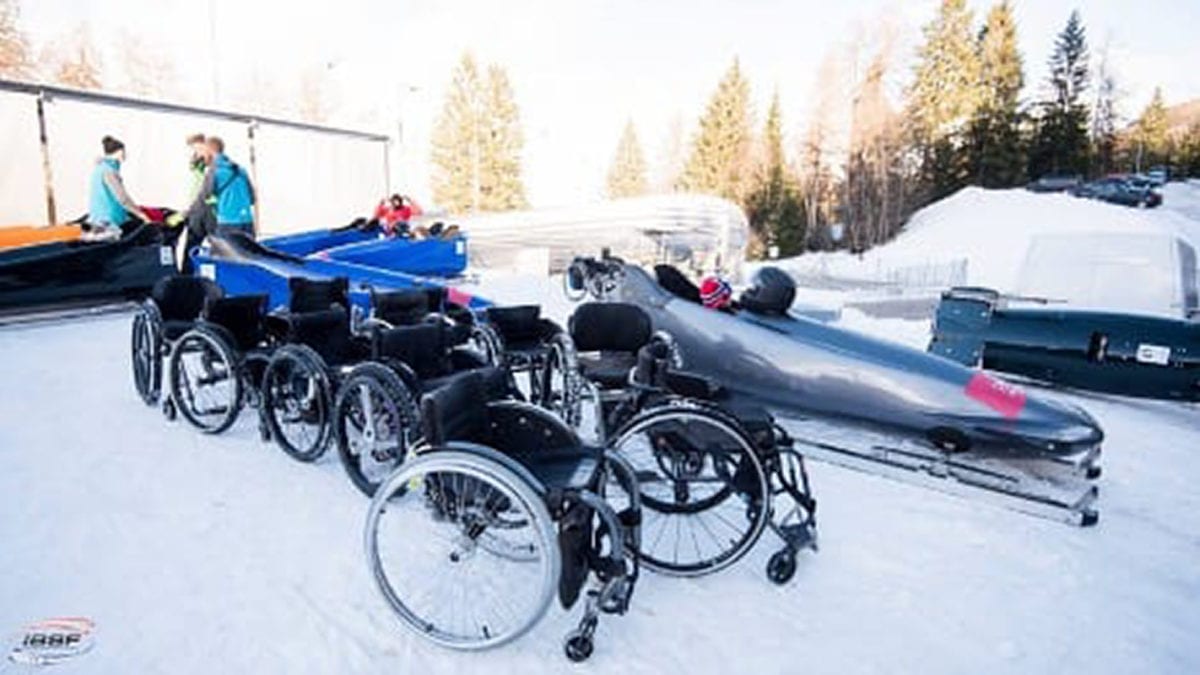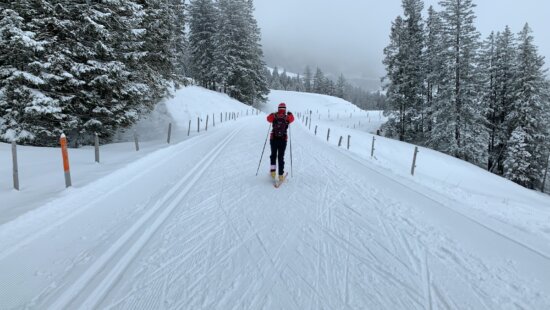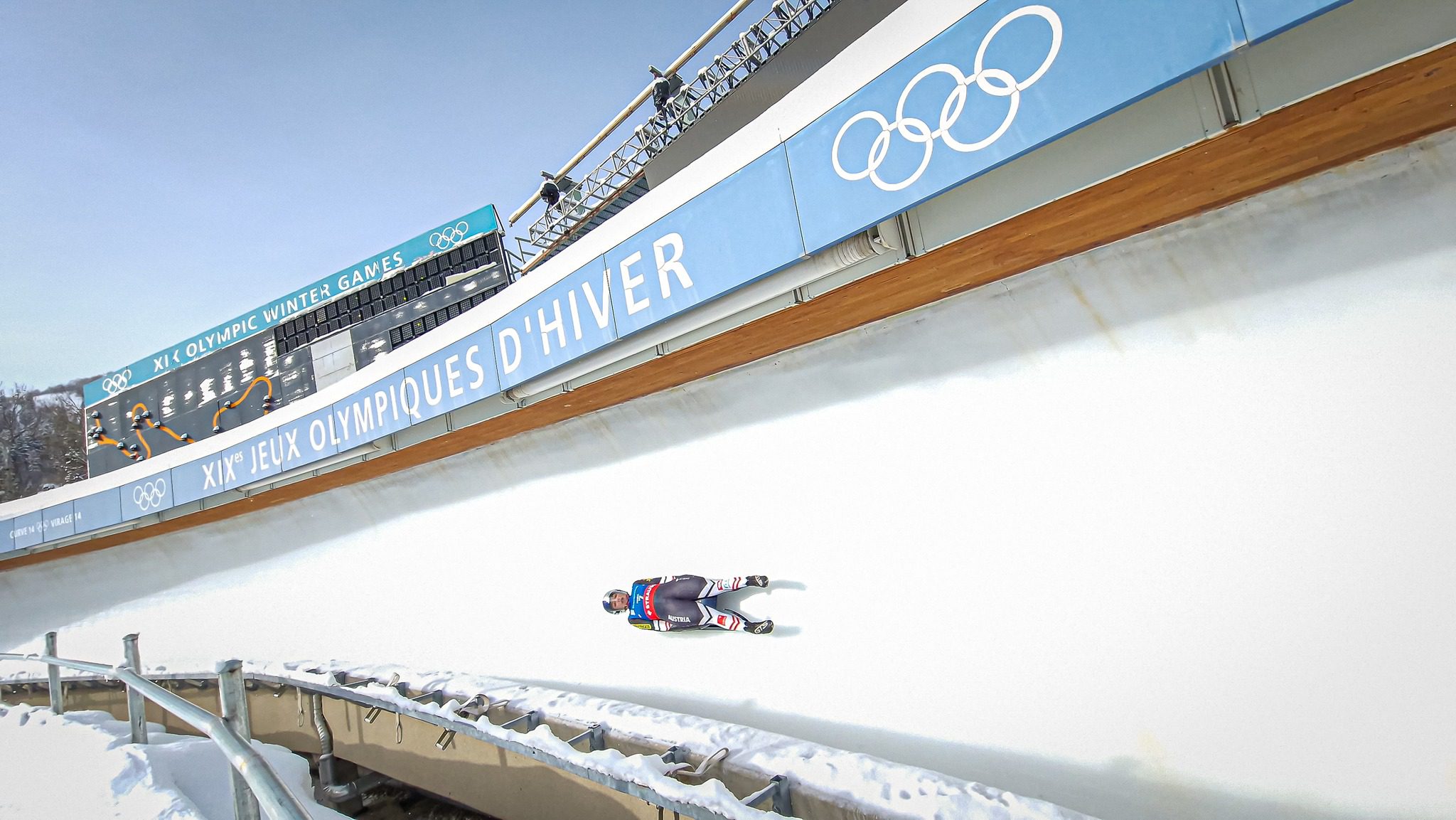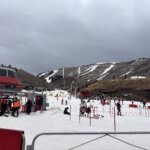Sports
Parabobsledders are Ready, Willing and Able – and Sidelined

A typical race day in Igls, Austria. Photo: International Bobsleigh Skeleton Federation
The International Paralympic Committee (IPC) announced Monday from Switzerland that parabobsledding will not be included in the Cortina, Italy 2026 slate of events. The IPC said only 12 of the 13 required nations were on board to create the first fully contested event.
The omission came as disappointing news to bobsled athletes with disabilities who live, work, play, train, and compete in Park City.
Track Crew Leader Jeff Price, a seven-year employee of the venue, said from the Utah Olympic Park today, “It’s disappointing after so many years of perfecting the monobob that it won’t come to fruition for these Games.” Of the new announcement, Price said, “Even the launcher was so mechanically dialed in, it made it a fair race for all athletes. It’s unfortunate that after all the hard work from so many nations that we are one nation short from the participation requirements.“
Park City’s Utah Olympic Park has the hardware and the track; its National Ability Center has the software and the athletes; and the International Bobsleigh Skeleton Federation has the connectivity and the sleds. A committed partnership evolved decades ago with a goal of putting parabobsled, paraskeleton and paraluge on the international map.
The pioneer of the sport, Aaron Lanningham, a retired Utah athlete with a disability who volunteers as an international competition jury member, said he continually feels the frustration of the struggle to get this event over the starting line of the Paralympics. He and countless other locals have poured blood, sweat, and tears into getting it right up to that final level of exposure and experience.
Athletes like Aaron climb into or transfer from a wheelchair into a static bobsled, which gets a regulated release by an apparatus into the gravity of the track, thus ensuring a level playing field regardless of physical classification. Timing/tactical advantage derives from the skilled steering of the one man or woman sled called a monobob.
Despite its logistic-laden nature, bobsledding has enjoyed successful, safe, fair, and fun local, national and international competitions for years and promises to continue. This empowered and emboldened community is now lamenting, not unlike in more mainstream sports, that there’s always the next four years.



















